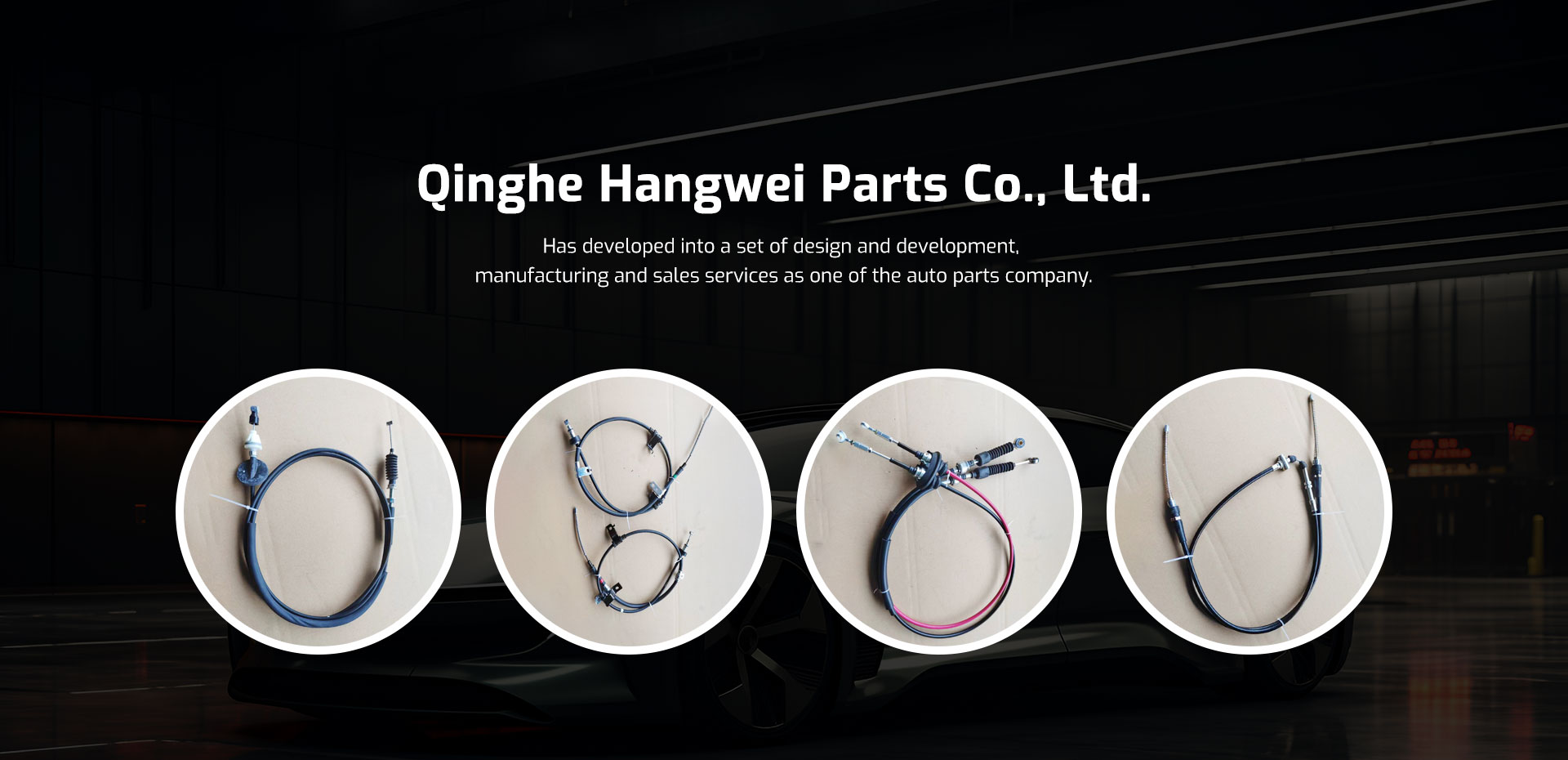hydraulic clutch hose
Understanding Hydraulic Clutch Hoses Importance, Functionality, and Maintenance
Hydraulic clutch hoses play a crucial role in the functioning of many modern vehicles, particularly those equipped with hydraulic clutch systems. These hoses are responsible for transmitting hydraulic fluid from the clutch master cylinder to the slave cylinder, allowing for smooth and efficient engagement and disengagement of the clutch. While they may seem like simple components, their importance in vehicle performance cannot be understated.
Functionality of Hydraulic Clutch Hoses
The primary function of hydraulic clutch hoses is to facilitate the transfer of hydraulic fluid under pressure. When the driver presses the clutch pedal, this action activates the master cylinder, which generates hydraulic pressure. The hydraulic fluid is then directed through the clutch hose to the slave cylinder. The slave cylinder, in turn, moves the clutch fork or bearing to disengage the clutch, allowing the driver to change gears seamlessly.
One of the key advantages of a hydraulic clutch system, facilitated by these hoses, is the minimal force required to operate the clutch. Unlike traditional cable-operated clutches that require more physical effort, a hydraulic system can achieve the same results with less strain on the driver. This leads to a more comfortable driving experience, especially in stop-and-go traffic.
Material Composition and Design
Hydraulic clutch hoses are typically made from a combination of rubber and synthetic materials designed to withstand high pressure and temperature fluctuations. The hoses must also be resistant to fluid corrosion and environmental factors such as oil, grime, and extreme weather conditions. Many modern vehicles utilize reinforced braided steel or synthetic materials in their hydraulic hoses for added strength and durability.
The design of hydraulic clutch hoses is also crucial for their performance. Manufacturers produce hoses in different lengths and diameters to fit specific vehicle models. Proper routing and positioning of the hose are also critical to avoid kinks or bends that can hinder fluid flow, potentially causing clutch failure.
Importance of Regular Maintenance
hydraulic clutch hose

Like all automotive components, hydraulic clutch hoses require regular inspection and maintenance to ensure optimal performance
. Over time, hoses can become worn, cracked, or damaged due to exposure to heat, chemicals, and mechanical stress. A compromised hose can lead to fluid leaks or complete clutch failure, which can be dangerous and costly to repair.Regularly checking the condition of the hydraulic clutch hose should be part of routine vehicle maintenance. Look for signs of wear, such as fraying, discoloration, or leaks around the fittings. It’s also advisable to flush and replace the hydraulic fluid according to the manufacturer's recommendations to prevent contamination and maintain the system's integrity.
Signs of Trouble
Drivers should be aware of several warning signs that may indicate an issue with the hydraulic clutch hose or the hydraulic system as a whole. These can include
1. Difficulty Engaging or Disengaging the Clutch If the clutch pedal feels spongy or requires much more force to engage, there may be a problem with the hydraulic system. 2. Fluid Leaks Any puddles or wet spots near the clutch master or slave cylinders can signal a leak in the hose or fittings.
3. Unusual Noises Grinding or unusual noises during gear changes can indicate a problem with the clutch or hydraulic system.
4. Warning Lights Some vehicles have warning lights that indicate hydraulic system issues, so keeping an eye on the dashboard is essential.
Conclusion
Hydraulic clutch hoses are vital components in the hydraulic clutch systems of modern vehicles. Their role in transmitting hydraulic fluid under pressure ensures smooth gear transitions and enhances overall driving comfort. Regular inspection and maintenance of these hoses are crucial to preventing issues that could compromise the vehicle's performance and safety. By staying vigilant about the condition of hydraulic clutch hoses, drivers can ensure a reliable and efficient driving experience for years to come.
-
Workings of Clutch Pipe and Hose SystemsNewsJun.04,2025
-
The Inner Workings of Hand Brake Cable SystemsNewsJun.04,2025
-
The Secrets of Throttle and Accelerator CablesNewsJun.04,2025
-
The Hidden Lifeline of Your Transmission Gear Shift CablesNewsJun.04,2025
-
Demystifying Gear Cables and Shift LinkagesNewsJun.04,2025
-
Decoding Clutch Line Systems A Comprehensive GuideNewsJun.04,2025
